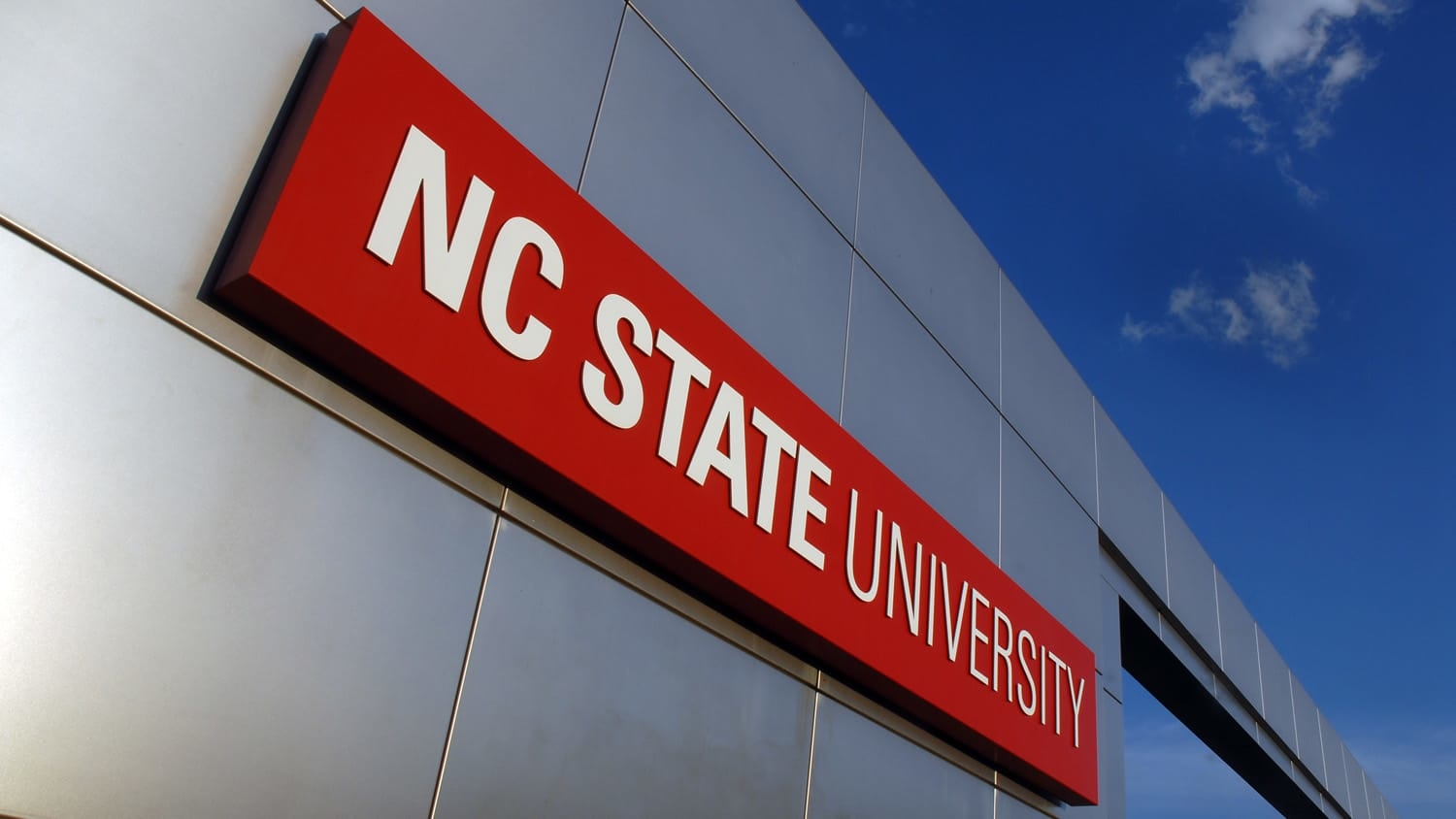$3 Million Gift to NC State University Seeds Rural Student Access Initiative
Chancellor Randy Woodson announced today a $3 million gift that will start the “Farm to Philanthropy” program designed to expand rural students’ access to an NC State University education.
The gift from Dr. Joseph K. and Deborah Kapp Gordon of Raleigh to the university’s College of Agriculture and Life Sciences will support a number of initiatives to better prepare rural North Carolinians for acceptance to – and then the rigors of – NC State. A portion of the gift will be used to start an endowment to seed the “Farm to Philanthropy” program, which affirms the university’s commitment to attracting and retaining North Carolina students. The university will seek matching gifts to grow the endowment.
“Higher education offers a path to success and this generous gift will help open the doors to college for hard-working students across North Carolina,” Woodson said.
The program’s first initiative – called ASPIRE, or ACT Supplemental Preparation in Rural Education – helps rural students prepare for standardized college entrance examinations. Students in the program take an intensive test preparation course through their home counties’ N.C. Cooperative Extension Service center. Previous success with more than 230 students from 18 N.C. counties has shown that test scores can be dramatically increased through focused support and meaningful mentorship. The “Farm to Philanthropy” funding will allow the successful program to expand to more rural N.C. counties.
The second initiative – called STEAM, or Student Transfer Enrollment, Advising and Mentoring – allows selected students, who begin their higher education at an N.C. community college or another university, to participate in special activities at NC State that support their academic development and enhance their preparedness for an NC State degree program. Upon successful completion of the STEAM program, participants are guaranteed admission to an NC State degree program in the College of Agriculture and Life Sciences in their sophomore year.
“NC State is a land-grant institution – the people’s institution,” Dr. Gordon said. “The ‘Farm to Philanthropy’ program creates a second chance for students who may not have been competitive enough to be accepted to NC State right out of high school.”
A final key initiative of the “Farm to Philanthropy” program is the opportunity for responsible, initiative-taking students to graduate free from debt. “STEAM students are eligible to apply for the ‘Farm to Philanthropy’ scholarship after they have worked to earn the expenses for their first semester at NC State,” says Deborah Gordon. STEAM students could have up to their five remaining semesters paid in full by the “Farm to Philanthropy” program.
“Graduating debt-free will enable physical, emotional and philanthropic creativity to inspire students to ‘pay it forward’ to future program participants,” Deborah Gordon added. “It is my hope to see programs like this spread to other institutions within the University of North Carolina system so each student can graduate debt-free.”
The gift announcement follows on the heels of Woodson’s participation in a January White House event in which he and other university leaders pledged to increase higher education access to low-income and underserved students.
“Students in rural and underserved communities are often frustrated by their inability to successfully compete for college admission, which makes this gift and these initiatives so important to our land-grant mission,” says Dr. Richard Linton, dean of NC State’s College of Agriculture and Life Sciences. “In North Carolina, for example, SAT scores among our top 10 agricultural counties are more than 70 points lower than the national average, and 60 points lower than the statewide average. This program will help ensure that there is more than one pathway to an NC State degree in fields related to agriculture and life sciences.”
Dr. Gordon is a veterinarian who is a member of the N.C. Veterinary Foundation Board of Directors. He served as NC State student body president and earned a bachelor’s degree in animal science and a doctor of veterinary medicine degree. In 1988, he founded Care First Animal Hospitals in Wake County, and in 1989, was joined by his wife and administrator, Deborah Gordon, who double majored in math education and computer science at NC State. They have two children, Wade and Meredith.
– kulikowski –
- Categories:


